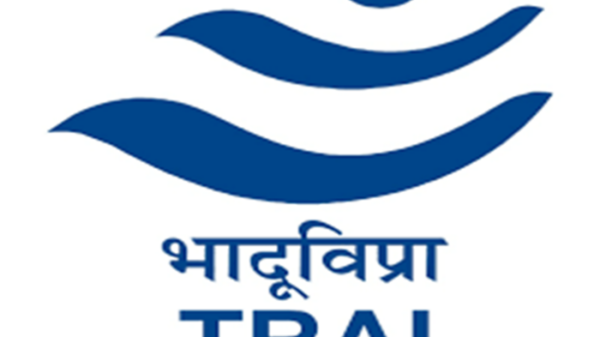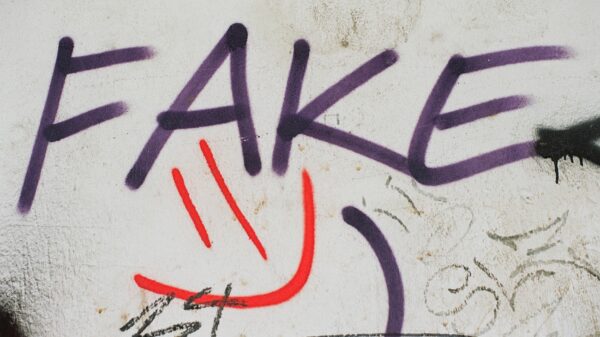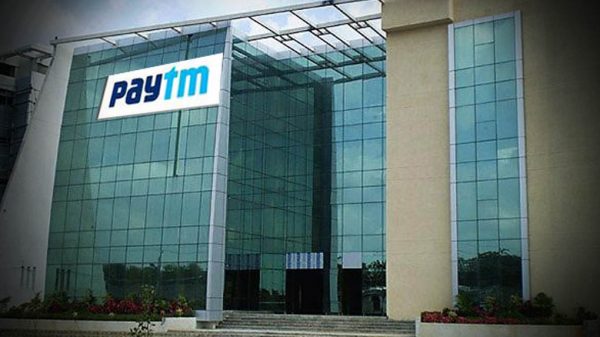![]() A ban on online pornography may not be feasible or desirable. And certainly, it’s not the court’s call.
A ban on online pornography may not be feasible or desirable. And certainly, it’s not the court’s call.
With its blunt query last week about the government’s “competence” to “call off sites showing pornography”, the Supreme Court has waded into a complex issue with social, moral and legal dimensions. The secretary, department of telecommunications, has since responded, suggesting that a blanket ban on online pornography is not feasible. The question, however, is not whether the government can shut down online pornography, but whether such a ban is defensible.
In April last year, a public interest litigation was filed before the SC by Kamlesh Vaswani, who suggested that pornography was among the causes of increasing sexual offences against women. Viewing porn is not illegal in India, although its production and distribution are. Under the Information Technology Act, 2000, the viewing of “material depicting children in sexually explicit act” is a punishable offence. To the extent the SC is nudging the government to enforce its existing legal architecture against child sex abuse, its overtures are welcome.
But there exists no accepted legislative definition of pornography, without which neither the government nor internet service providers can enforce or comply with a blanket ban, if one is issued. There is a real risk of such a ban ending up as another variant of online censorship. An advisory committee of lawyers and technical experts set up by the Bombay High Court in 2001 on the subject had cautioned against the use of imprecise and ineffective online filters. As commentators have highlighted, a ban on online pornography necessarily involves taking down virtual private networks and proxy servers, which are legal under the existing regime.
Above all, there is the question of what a comprehensive ban intends to achieve. The correlation between viewing porn and the commission of sex crimes is understudied in India. Similar research in the West has not thrown up conclusive findings. It is not for the SC to accept this theory without a serious evaluation, however well-intentioned the PIL may be. Restrictions on viewing porn, if at all, should be deliberated by the government, involving all relevant stakeholders. Sexual health concerns, such as the availability of information, must be addressed, as should issues of free speech and privacy. A blanket ban on online pornography will do little justice to its purported aim.
The original post was published here.
(c) The Indian Express. Republished here with permission.
Also read:





























